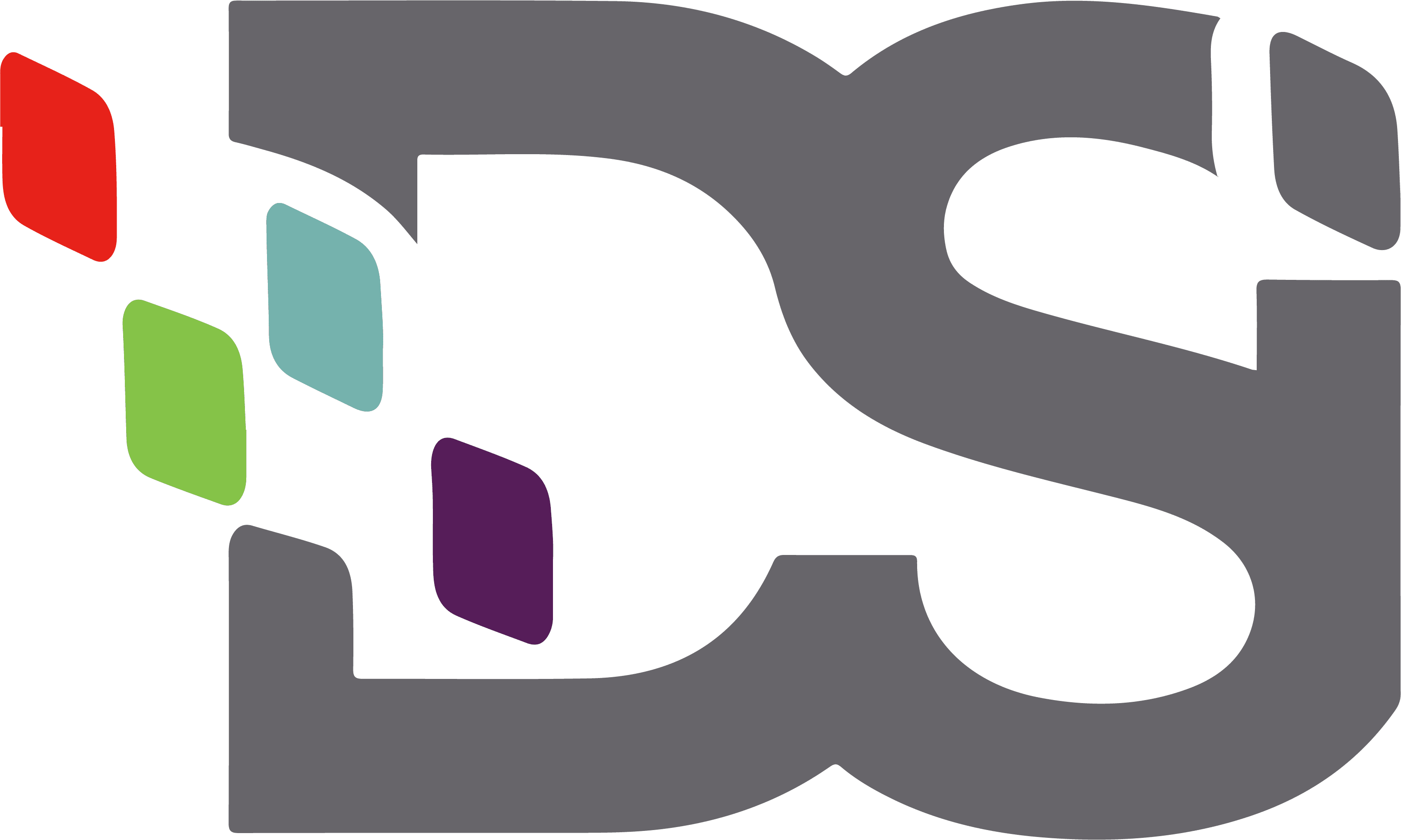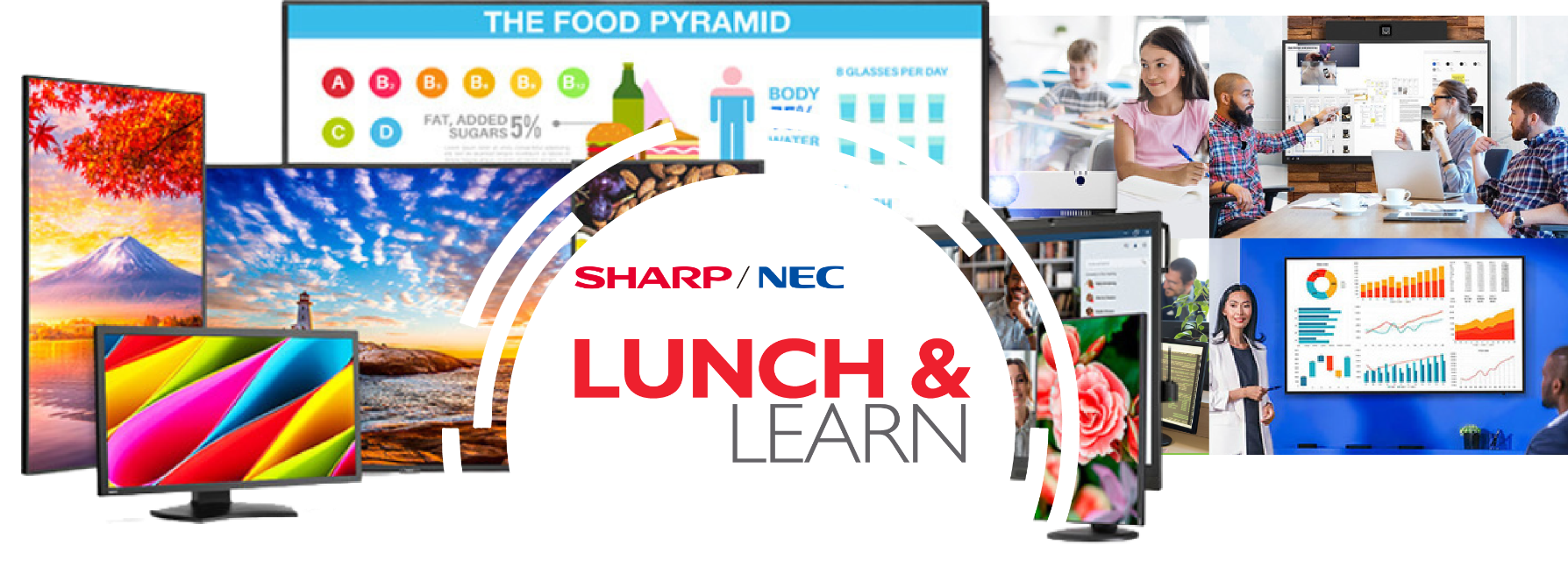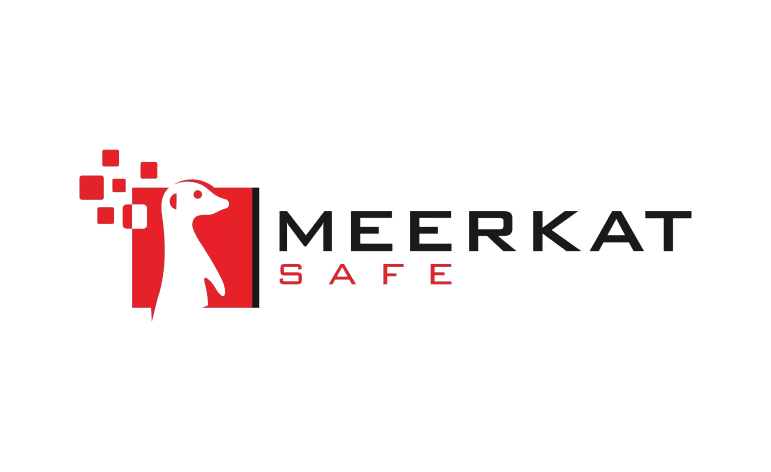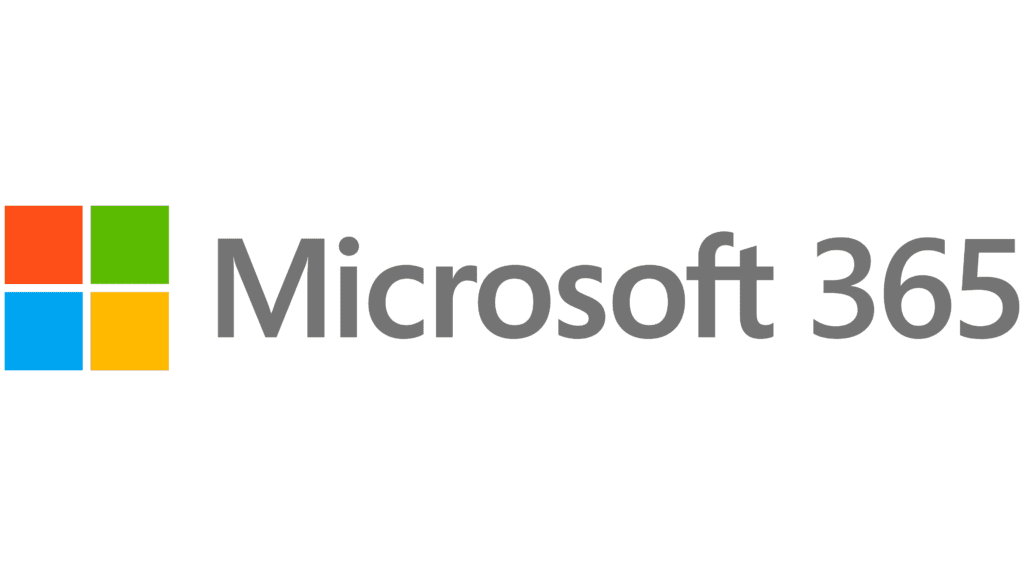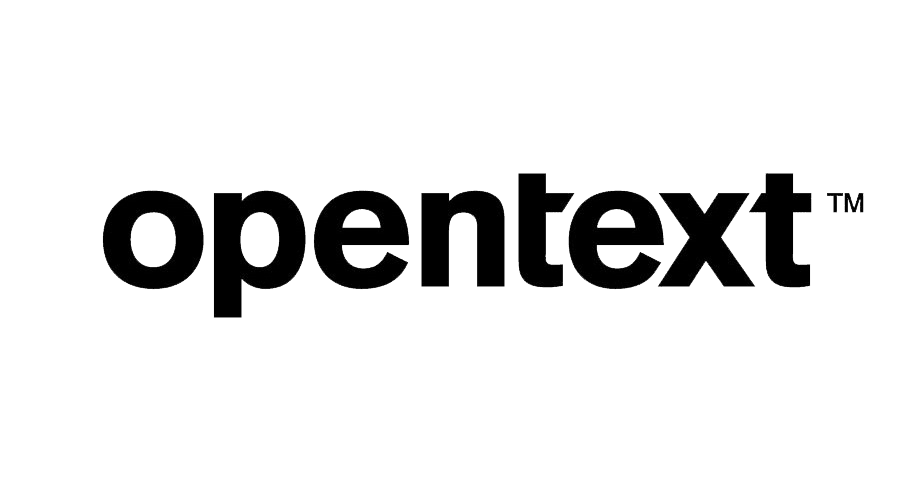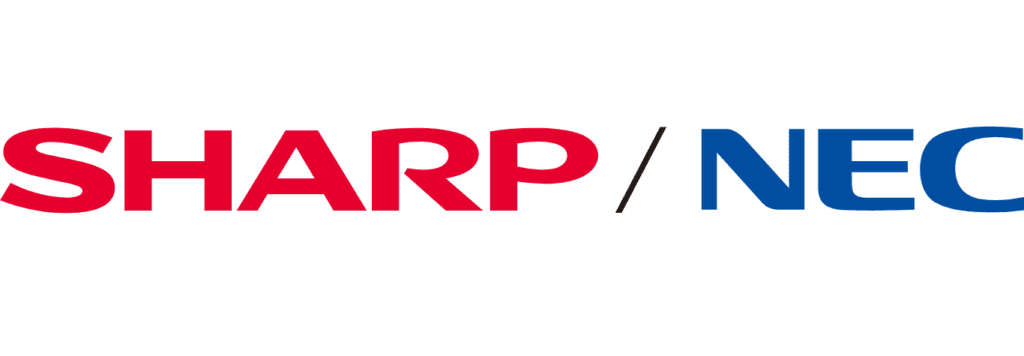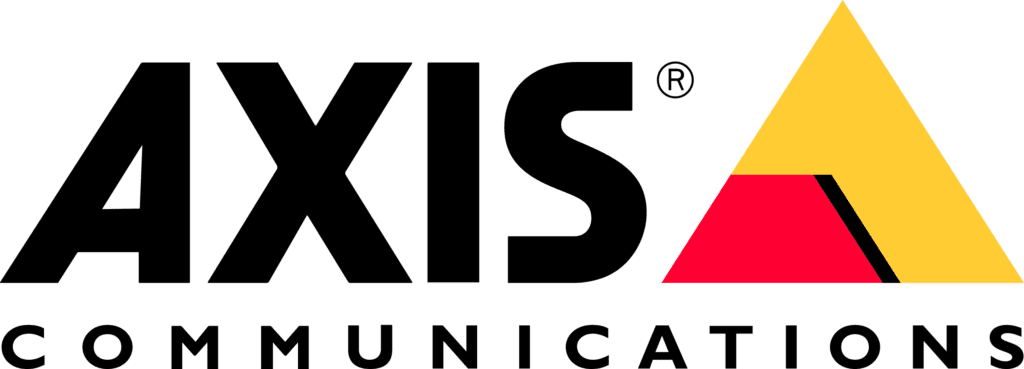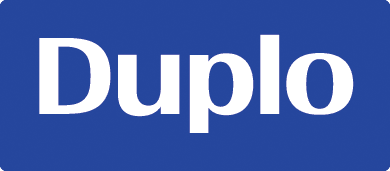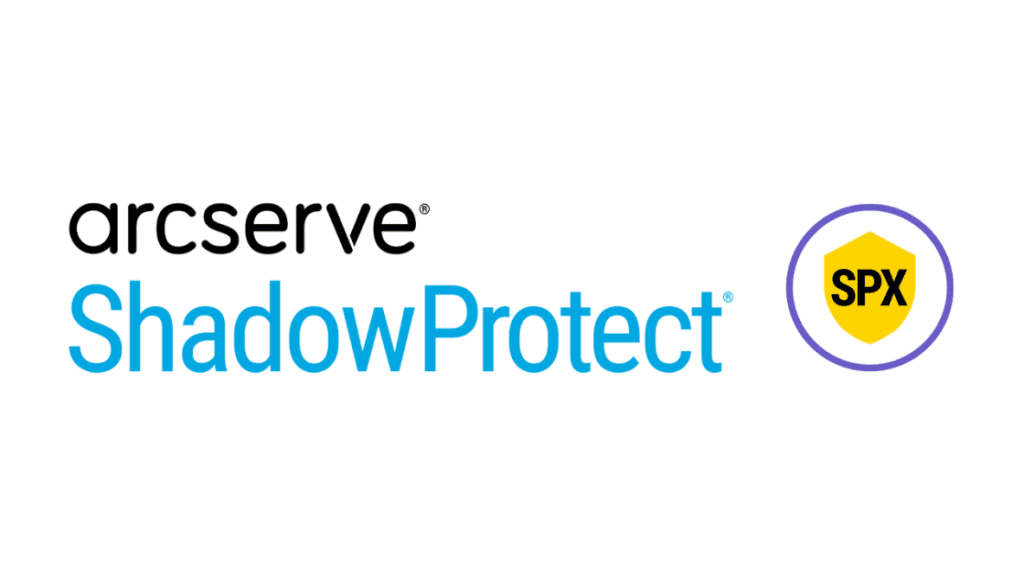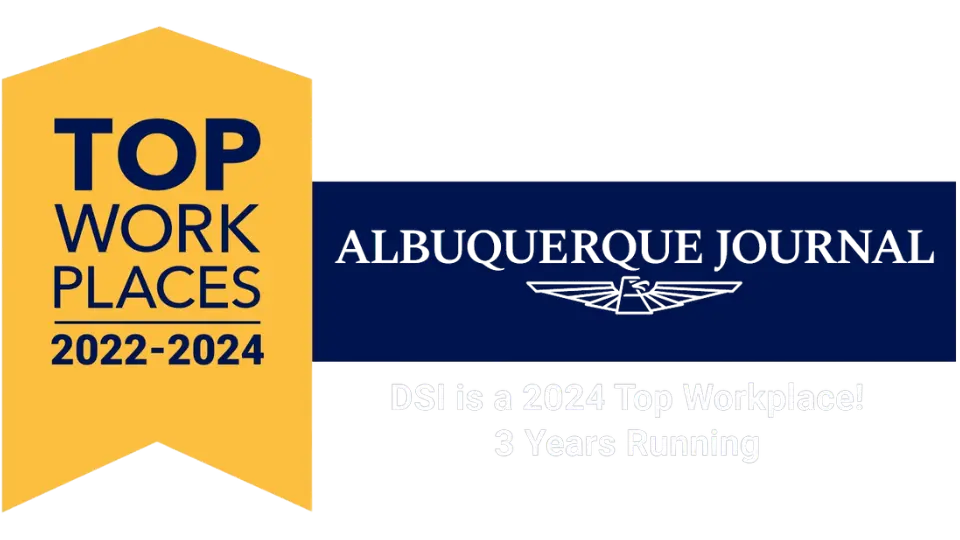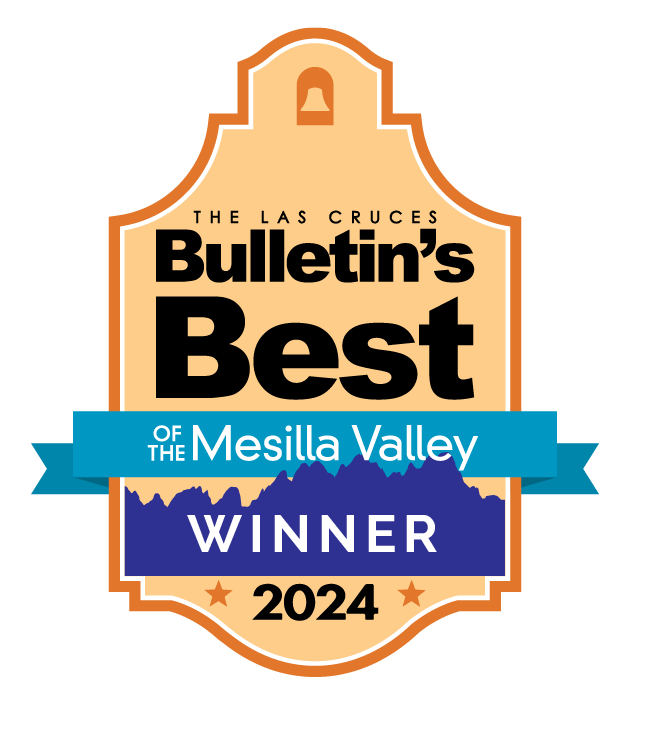When it comes to acquiring office equipment, businesses often face the decision of whether to lease or buy. Both options come with their own set of advantages and disadvantages. Understanding these can help you make an informed choice that aligns with your company’s financial goals and operational needs. In this blog, we’ll explore the pros and cons of leasing vs buying office equipment to help you decide which route is best for your organization.
Advantages of Leasing Equipment
Leasing office equipment can offer several key benefits, making it an attractive option for many businesses. One of the primary advantages of leasing equipment is the lower upfront cost. Unlike purchasing, which often requires a significant initial investment, leasing typically involves smaller, manageable payments spread out over the lease term. This can be especially beneficial for startups or small businesses with limited cash flow.
Another advantage of leasing equipment is the flexibility it provides. Leasing agreements often come with options to upgrade or replace equipment at the end of the lease term, ensuring that your business always has access to the latest technology without additional capital expenditure. This is particularly valuable in industries where technology evolves rapidly, such as IT and audio/visual sectors.
Leasing can also simplify budgeting and financial planning. Lease payments are generally fixed, making it easier to predict and manage your expenses. Additionally, some lease agreements include maintenance and service coverage, which can reduce unexpected repair costs and downtime.
Disadvantages of Leasing Equipment
While leasing has its benefits, there are also some disadvantages to consider. One of the main disadvantages of leasing equipment is the total cost over time. Although the initial payments may be lower, the cumulative cost of leasing can exceed the purchase price if the equipment is leased for an extended period.
Another potential drawback is the lack of ownership. At the end of the lease term, you must return the equipment or decide to buy it, which means you won’t have any asset ownership. This can be a disadvantage if the equipment has retained its value and you could have used it for longer without additional costs.
Leasing agreements can also come with restrictions or penalties, such as early termination fees or excessive wear and tear charges. It’s important to carefully review the terms of the lease to avoid unexpected costs.
Advantages of Buying Equipment
Buying office equipment has its own set of advantages that may align better with some business strategies. One of the key advantages of buying equipment is ownership. Once you purchase the equipment, it’s yours to keep and use as long as you want. This can be beneficial for businesses that plan to use the equipment for many years and want to avoid ongoing lease payments.
Buying equipment can also provide tax benefits. Depending on your jurisdiction, you may be eligible for depreciation deductions on purchased assets, which can offer significant tax advantages. Additionally, owning equipment means you can customize it to suit your specific needs without being restricted by lease terms.
Another advantage is the potential cost savings in the long run. While the initial investment may be higher, avoiding recurring lease payments can result in lower overall costs if you use the equipment for an extended period. This can be particularly advantageous for equipment that has a long lifespan and remains functional beyond the typical lease term.
Disadvantages of Buying Equipment
Despite its advantages, buying equipment also has some disadvantages. One of the primary disadvantages is the high upfront cost. Purchasing equipment often requires a significant capital outlay, which can strain your budget or impact your cash flow. This may be a barrier for smaller businesses or those with limited financial resources.
Another potential drawback is the risk of obsolescence. Technology evolves rapidly, and equipment that is cutting-edge today may become outdated sooner than expected. When you own the equipment, you are responsible for managing upgrades and replacements, which can be costly and challenging.
Maintenance and repair costs are also a consideration. When you own equipment, you are responsible for all maintenance and repairs, which can add to the total cost of ownership. Unlike leasing, where maintenance may be included, buying means you need to budget for these additional expenses.
If you’re unsure which option is best for your business, Document Solutions Inc. can help you evaluate your needs and provide tailored solutions. We offer everything from printer rentals for small businesses in New Mexico to office technology and IT services in New Mexico. Contact DSI today to explore how our office technology solutions can support your business goals.

Jocelyn Gorman, the Executive Vice President of DSI, possesses a deep understanding of the unique requirements of growing businesses. With over a decade of experience collaborating with clients across various industries, she closely collaborates with her Sales Team to develop and implement tailored technology solutions. These solutions aim to enhance office productivity and minimize operational costs. Her remarkable ability to effectively address business challenges has garnered recognition from prestigious publications such as the Cannata Report and Family Business Magazine.
